As Anne Wyndham recounted, “they remained all night
expecting; but seeing no long-boat, neither hearing any message from the master
of the ship, at the break of day the colonel returns to the inn, and beseeches
the king and the lord Wilmot to haste from thence… The lord Wilmot was desirous
to stay behind a little, promising to follow the king to Bridport, whence his
majesty intended to make a halt for him.”
But of course once more nothing went right. Setting out from Charmouth with Wyndham and
Juliana Coningsby, one of the travelers Charles passed on the road was a man
who had been a servant to his father, and who also knew Wyndham, and obviously
recognized both of them. Fortunately,
the man was discreet enough not to greet them and so draw attention to them. |
| The George Inn at Bridport around turn of 20th century photo from 1908 edition of Alan Fea's The Flight of the King |
 |
| Inn yard of Queen's Head, Southwark, 1880 the yard of the inn at Bridport was probably similar |
“As soon as I came into the Stable I took the Bridles off the Horses, and called the Ostler to me to help me give the Horses some Oates. And as the Ostler was helping me to feed the Horses, Sure, Sir (Sayes the Ostler) I know your face. Which was noe very pleasant Questian to me, but I thought the best way was to ask him where he had lived? Whether he had alwayes lived there or noe? He told me, that he was but newly come thether, that he was borne in Exeter and had been Ostler in an Inn there, hard by one Mr. Potter’s a Merchant, in whose House I had laine in the time of War. Soe I thought it best to give the fellow noe further occacion of thinking where he had seen me, for feare he should guess right at Last.
“Therefore I told him, Friend, Certainly you have seene me
there at Mr. Potters, for I served him a good while, above a yeare. Oh, sayes he, then I remember you a Boy
there, and with that was putt off from thinking any more on it but desired that
we might drinck a Pott of Beere together. Which I excused by saying that I must
goe waite upon my Maister, and get his dinner ready for him, but told him, that
my Maister was goeing to London and would return about three Weekes hence, when
he would lye there, and I would not faile to drink a pott with him.”
 |
| Another view of the yard of the Queen's Head, Southwark |
Judging Bridport too dangerous to stay in now, as soon as
the party had eaten, “we rode out of Towne as if we had gone upon the Roade
towards London, and when we gott 2 Myle off, my Lord Willmott overtooke us, he
having observed while in Towne where we were, and told us that he beleived the
Shipp might be ready next night, but that there had been Some mistake between
him and the Maister of the Shipp.”
At this point occurred one of the many incidents that led
the whole saga of Charles’s escape to become known as the Royal Miracle. As the king and his companions made their way
toward Bridport, a company of soldiers was on their trail. How and why that came to pass I will save for
another post. But the king and his party
were feeling spooked, and decided to leave the main road whenever they had the
opportunity, and find their way back to Trent.
So when they came to Lee Lane, a small track branching off the main road
near Bradpole, they took it, although none of them knew the area. They were to learn later that taking this
alternate route had saved them from certain capture by the troop of cavalry that
had thundered by only a few minutes after they left the Dorchester Road. This bit of serendipity came to be known as the
Miraculous Divergence. |
| 1911 re-enactment of the Miraculous Divergence West Dorset Pageant, July 20, 21, 22 from A.M. Broadley's The Royal Miracle |
 |
| Stone placed by A.M. Broadley, 1911 to commemorate the Miraculous Divergence |
 |
| George Inn, Broadwindsor drawing by Alan Fea, from The Flight of the King |
 |
| Outbuilding at George Inn, Broadwindsor drawing by Alan Fea from The Flight of the King |

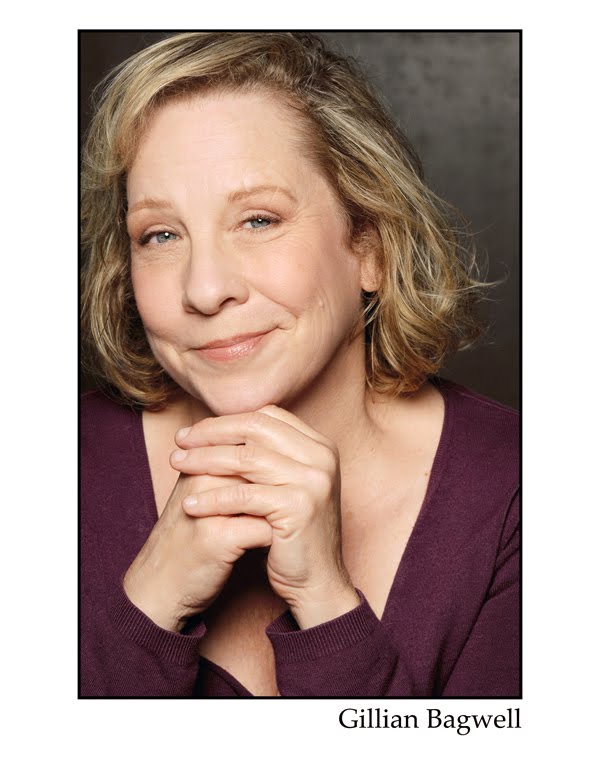

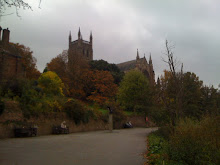
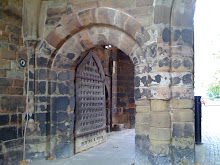



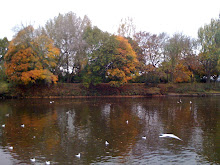
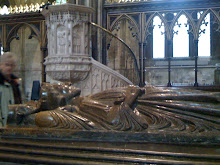
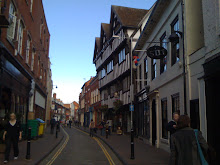

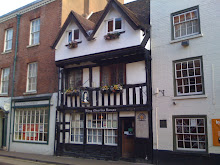
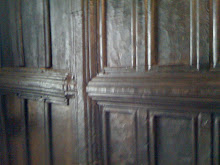
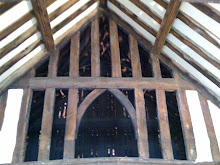



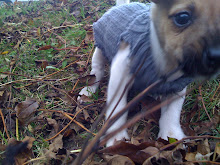

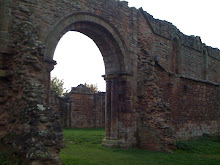




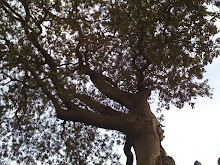



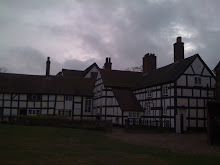

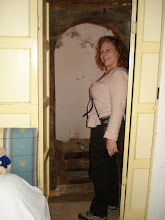
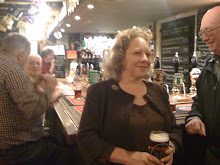
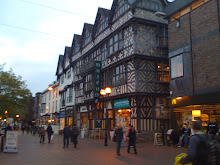
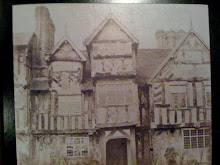


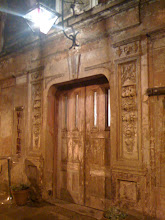
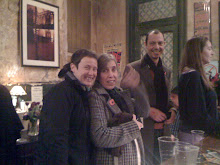


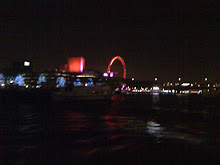

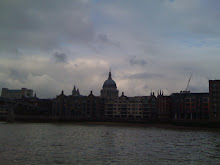
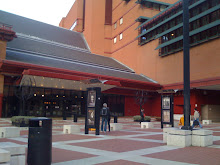

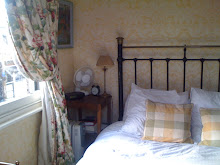




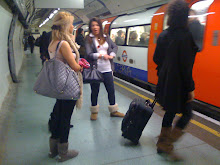

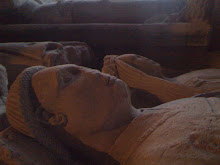
No comments:
Post a Comment